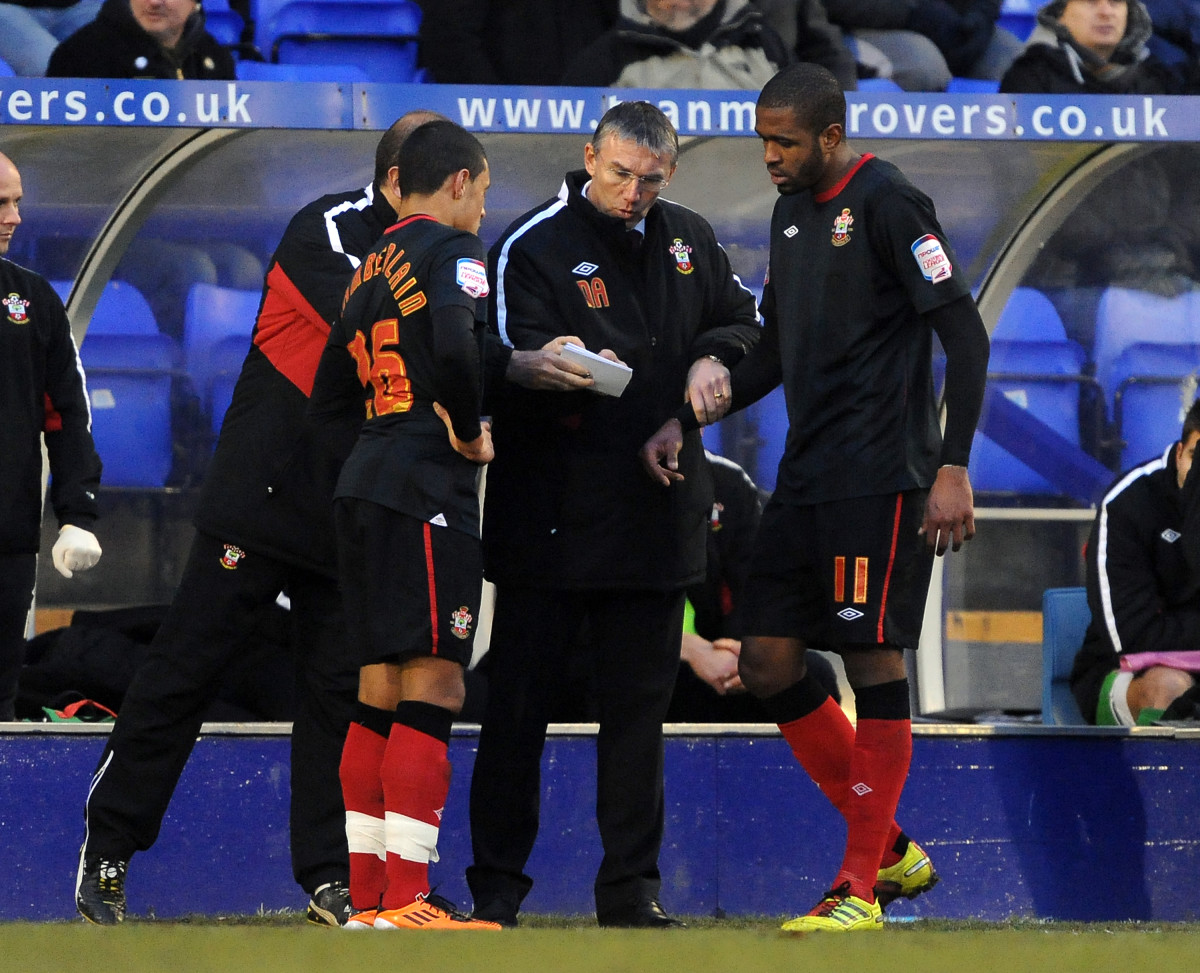Charlton have long enjoyed an exceptionally prosperous academy system though the last year has presented an entirely new world that not even the most seasoned of coaches could have foreseen, yet alone prepared for.
The development of young players both as a footballer and as a person has been a hallmark for the Addicks’ success, and is certainly not lost on Rhys Williams, the club’s lead youth development phase coach, who continues to adjust and tailor his work to ensure the same results are achieved, albeit under trying circumstances.
“The program has had to adapt quite a lot. There are lots of protocols in place in terms of how we meet the boys at the gate and temperature check them before admitting them on site with a one way system at the club and cleaning of all of the equipment after sessions.
“We have had to shorten sessions to an hour and a half, with a 15 minute arrival and departure window either side. In order to distance everybody, we have had to thin the program down a day less for each age group as well which has affected the general contact time.”
Williams is a recent beneficiary of the Premier League’s two-year Elite Coaching Apprenticeship Scheme (ECAS) having graduated in December 2019 and admits the course has stood him in good stead for the challenges he is posed with presently.
“The experience of ECAS has really helped me in terms of being able to cope with the situation better and be much more focussed about dealing with stuff in that regard. It’s been a challenge, but I’ve been better at coping with it on the back of ECAS than I would have been without ECAS, put it that way.
“It’s a lot about emotional intelligence, reflection, organisation, planning, and dealing with your own emotions. Some of the difficulties have been when you’ve planned for one thing and then somebody has to isolate, so you plan and then things change - it could be staff or players. It’s about being able to be organised as best you can, but flexible to cope with whatever comes your way, and it’s been really hard to predict what’s coming your way.”
Having been at Charlton for 15 years, Williams describes himself as a ‘creeky part of the furniture’ though perhaps unfairly, as he has showcased his clear ability as a visionary thinker and innovator when delivering a host of enterprising and engaging sessions, while also maintaining the all-important close-knit feel amongst the academy.
“We were quite conscious that they were very busy at school being on Zoom calls and we didn’t want it to be too boring for them having sat on a computer all day to then come on and have another hour or so with us! We tried to be as creative as we could and did all sorts of things really.
“We built a program where each age group would have two nights a week of something and they would have a physical session run by the sports science team fortnightly. Ladoki [Toya] in our education and welfare team did a really good presentation on the pitfalls of social media, and we did a session around BT Sport’s Owen Hargreaves documentary when he first went from Canada to Bayern Munich as a 16-year-old and what Bayern’s culture was about, but a lot about him grabbing that opportunity. We got the boys to watch the documentary and write some notes down as to things that they thought mattered to them and then we followed that up with really good discussion led by the boys around what they thought was important to take from that experience.
“We got Jason Euell in to talk and he was brilliant, talking about his career, some of the challenges he faced, what it was like to be a young player coming through at AFC Wimbledon and the ‘Crazy Gang’, and how his mentality was. We got the young lads really engaging; it wasn’t me telling them stuff, it was a discussion because they really bought into it.
“Getting together was really important and the boys really looked forward to it - they wanted to see their football mates and they really missed it. There were a lot of practical and educational benefits we were trying to get across, but equally there was the social side of seeing each other and the togetherness.”
The belief that change can often be profitable is a constant theme of our conversation, something embodied by the arrival of Thomas Sandgaard last September and, more recently, Nigel Adkins, both of whom are well-aligned with their ambitions.
A principal component of Adkins’ managerial philosophy centres around bringing through emerging prospects, something Sandgaard has repeatedly emphasised too, and the 56-year-old boasts a rich history of doing so, namely with England internationals Luke Shaw, James Ward-Prowse, Alex Oxlade-Chamberlain and Adam Lallana, which Williams believes bodes very well for the Addicks.

“With Thomas coming in, you can see around the training ground small things that are changing for the better and we’re obviously optimistic that that’s going to be a really positive step forward for the future of us as an academy, and for the club of course. And to then have a first team manager that has a proven track record of blooding youngsters is incredibly exciting. He’s a very positive character and a very interesting person; he wants to know and have a rapport with the academy staff and players to be a part of their development.
“In the Brentford B fixture, he included Karoy Anderson on the bench and he got 15 minutes. That for me is a brilliant statement of intent that he is prepared to get to know the younger players in a good way.”
The inclusion of Anderson, part of Williams’ under-16s side, not only demonstrates Adkins’ willingness and enthusiasm to utilise the Addicks academy, but it also serves as a major source of motivation to Anderson’s colleagues and helps inspire the next generation of talent emerging in SE7.
“Nobody sees a glass ceiling at Charlton. Over the years that has been a really important facet of what our academy has stood for. They know the players that go on, they are close to the players socially as well as football-wise that go on, and they go: ‘I can follow in his footsteps’.”
Article by James Waller

